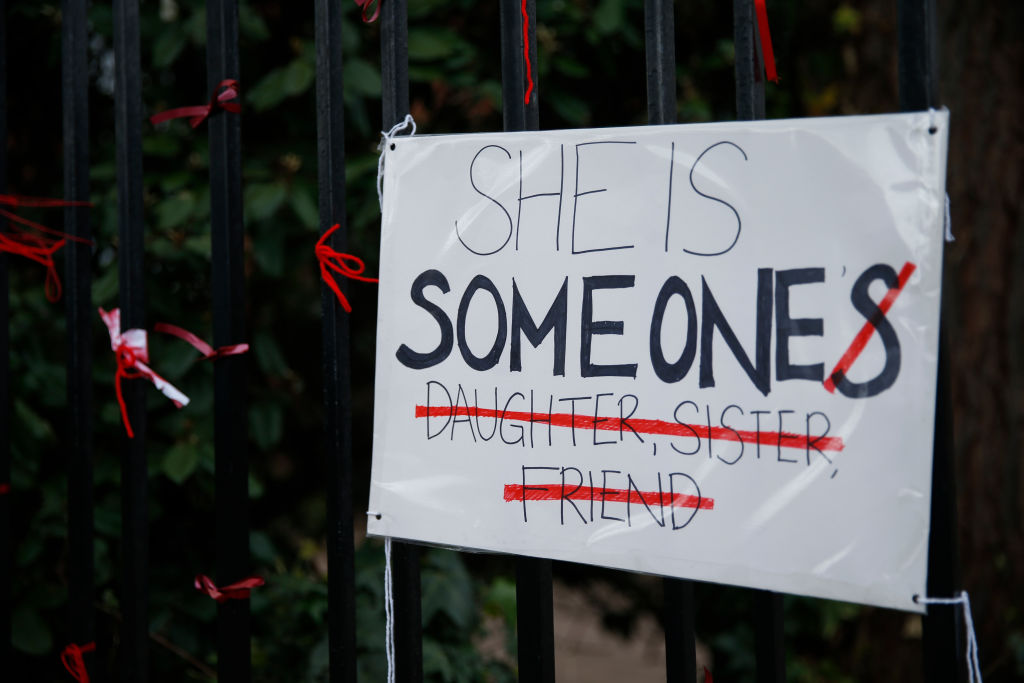Reading these reports of what has been happening in some co-educational public schools, it’s clear that the trend began way back at the end of the 1960s. Back then, I was a guinea pig – and both I and the system have a lot to answer for.
John Dancy, the headmaster of Marlborough College, known as a ‘progressive headmaster’, thought it was wrong that his daughter could not benefit from the education enjoyed by the boys in his public school – so he proposed as an experiment that his daughter and daughters of other masters should be allowed to join the school in the sixth form. I joined the second year, the first year to allow a few outsiders in as well: there were 29 of us and 800 boys.
What were the criteria for letting me in? I knew one of the housemasters and was at my girls’ boarding school with his daughter who was going to join the school. I had a short interview in which I was asked how I would cope with so many boys. I said I had also been at a day school which was mixed; that seemed to be enough.
You had to learn to navigate the territory and it wasn’t easy. No one could really help
The rules were eccentric – it was the days of the mini skirt – we did not have a uniform as such, but our skirts could not be more than six inches above the knee. Random ‘skirt checks’ took place, in which we would file into the master’s lodge. There we would have to kneel on a table which had a sort of ping pong net across; if your skirt touched it, all was OK. If not, it would be confiscated. So of course we would pull our skirts down, undoing the zip, and as soon as we left we would hoist them up again and off we went.
Some masters refused to teach us on the basis they hoped that this ‘experiment’ would go away. We got to know who they were because they would stride past us in the main quadrangle as though we did not exist. I think some subjects were out of bounds for us for those reasons.
As girls we could not do too well in a class and I along with another girl found myself moved up a year so as not to outshine the boys. That meant doing the ‘A’ level syllabus in a year and resulted in my parents a receiving a letter from the school saying that they should not expect their daughter to get into any university, let alone Oxford or Cambridge.
At first the boys paid scant attention to us, the new intake. We were told this was because in the first year, the boys had done really badly in their Oxbridge exams because they were too ‘distracted’ by the girls, so we were ‘out of bounds’. Naturally that didn’t last long but this – as with everything else – showed that it was the girls that were seen as the problem. And that is how it was always portrayed, and as far as I can see still is.
It was first and foremost a boys’ institution: girls were an add on and they just had to fit in. At the beginning that is understandable, but when my daughter briefly joined the school later I realised that this attitude had not fundamentally changed.
On the plus side for me, I had some outstanding teachers who would never have taught at the girls’ school I had been at. There were not one but two Russian teachers and one of them taught the boys Mandarin as well and got us to perform a Chekhov play in Russian as though it was the most natural next step in the world.
I was also lucky that I stayed in the flat of the housemaster whose daughter I had been at school with. This meant I could escape from school and lead the semblance of a more normal life. For others not to fortunate, the pressures were intense. They suffered the same indignities the young people of today describe, though without all the possibilities of broadcasting through social media.
Of course we had passions and we were on show all the time being pointed at. You had to learn to navigate the territory and it wasn’t easy. No one could really help.
The ‘experiment’ was deemed a success and many schools both day and boarding followed. I remain an advocate of co-educational schools, but it needs a lot of work to get it right. Should I have spoken up more about this at the time?
Nowadays, social media is a huge extra pressure on teachers, and parents need to be doubly vigilant. Everyone should take the views of young people seriously. They need a framework and to learn in a safe and welcoming environment. They got away with it with us but I don’t think they can now.






Comments